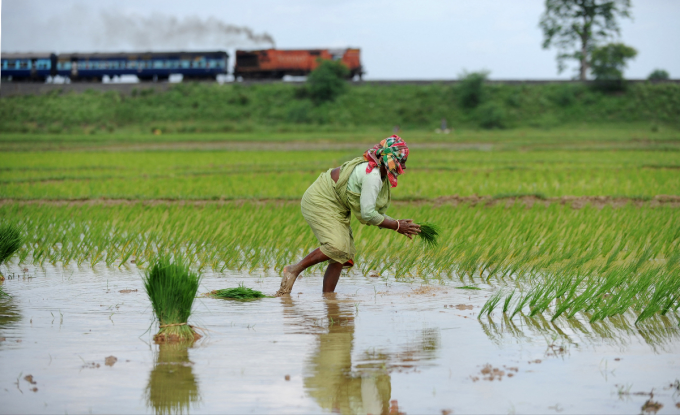Varaha has garnered investor interest due to its comprehensive approach as an end-to-end developer for carbon credits. The company collaborates with thousands of smallholder farmers across India, Bangladesh, Nepal, and Kenya, covering a vast land area exceeding 700,000 acres. This initiative aligns with the growing momentum in the voluntary carbon offset market, which is projected to expand from $2 billion in 2020 to a staggering $250 billion by 2050, according to estimates by Morgan Stanley.
Carbon offsets are essentially credits granted to organizations or companies that undertake activities aimed at reducing CO2 emissions or removing carbon dioxide from the atmosphere. These activities may include transitioning to renewable energy sources or implementing carbon capture technology. By purchasing these offsets, polluters can offset their own emissions, presenting themselves as taking steps towards achieving “net zero” carbon emissions.
However, the carbon offset market faces challenges related to quality control and regulation. Not all carbon offsets offer the same level of environmental benefits, and the market lacks comprehensive regulation. Additionally, there have been instances where carbon credits were awarded for projects with minimal impact on emissions reduction, leading to skepticism and downward pressure on prices.
Large-scale carbon credit companies often focus on renewable energy projects, such as electric vehicle adoption or solar panel installations, due to the ease of measuring and monitoring emissions reduction. This preference can make it difficult for them to engage at the grassroots level, where efforts like Varaha’s involving smallholder farmers require significant resources and effort.

Furthermore, some industry giants in sectors like automobile, chemicals, and pharmaceuticals have begun generating nature-based carbon credits internally. This practice has faced criticism and conflicts, as it may not always align with stringent emissions reduction standards and may raise questions about the legitimacy of the offsets generated.
Despite these challenges, initiatives like Varaha’s play a crucial role in driving meaningful emissions reduction efforts and promoting sustainable practices at the grassroots level. By working directly with smallholder farmers and implementing comprehensive carbon offset projects, companies like Varaha contribute to the broader goal of combating climate change and achieving a more sustainable future.











